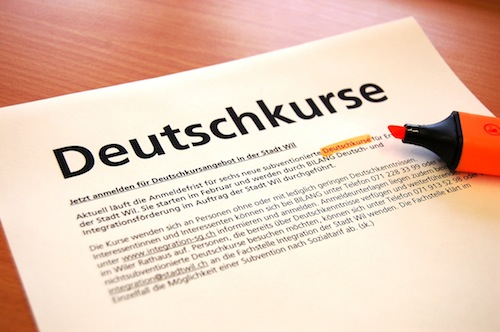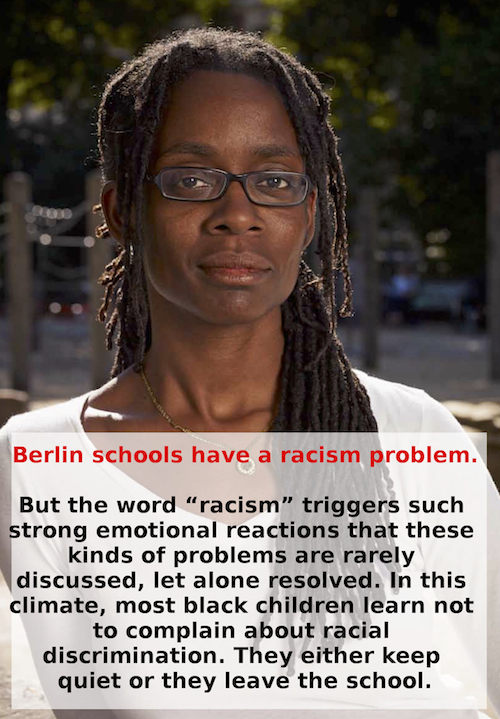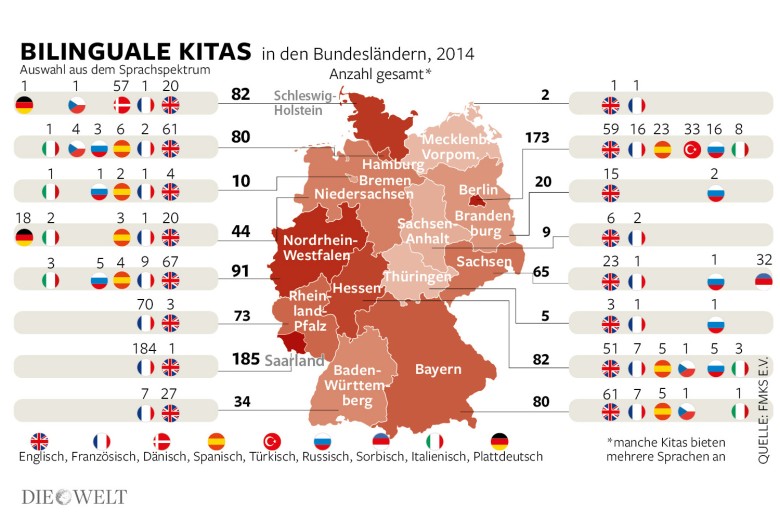After-school-tuition has been a bone of contention for many. In Kenya it was banned but even with the ban, children continue to go to school for long hours and for others also on Saturdays. In Germany on the other hand, with most schools being only in session for half-day, after school tuition becomes a necessity.
The German system is set such that parents and teachers work together in order for a child to excel. Which is contrary to how it’s done back home. In Kenya most children in day schools go to school at 7am and stay there until 5 or 6pm from Monday to Friday and on Saturdays from 8 or 9am until 3 or 4pm. And so most parents back home leave all the teaching to the teachers. In Germany, if you don’t take time to help your children with their homework, then it is inevitable that (if your child is weak in his studies) he’ll suffer trying to catch up with the brighter ones in school. For the parents who might not be able to help their children out, either due to the language or due to work engagements, after school tuition is a good option.
Before deciding on an after-school tuition program for your child, a parent should talk to the child’s class teacher to find out the real cause of the child’s learning weakness.
According to a survey by Bertelsmann,
- not only weak students take part in tuition, 40% of the children in the survey had grades between 2,49 and 1,5.
- learning in school is no longer enough for most children – with 20% of the pupils aged between 10 and 18 going for tuition and 25% of those aged between 13 and 15.
- annually, 250,000 students fail to pass their exams and have to repeat
- 84% of pupils who go for tuition improved their grades by a point within 6 months of joining an after-school program and after a year, 91% had better grades.
So how do you pick the correct after-school tuition for your child, here are a few tips:
Don’t try to do it yourself. Get a Professional to do it.
According to Werner Kinzinger from the Verbraucherschutzverein Aktion Bildungsinformation (ABI), “Parents are the worst tutors ever. This is mainly because they are emotionally attached to the child hence have their judgement clouded in regards to a child’s capabilities”.
Avoid free or cheap offers
Some after-school tuition schools offer one or two trial classes which are ok but if they are too cheap you might be getting what you pay for. Also avoid a school that offers more than 2 free trial classes. Tuition classes cost between €130 and €150 a month for two hours a week or €100 a month for two hours a week when tutored in a group.
The hourly rates range from €8,40 (Studienkreis), €8,70 (Schülerhilfe) and €7,00 (Lernstudio Barbarossa).
Read the contract precisely
Avoid schools that force you to sign the contract immediately. Take time to go read it at home to avoid surprises and extra costs.
Group vs private tutoring
If you choose for your child to be tutored in a group, make sure the group isn’t too large and that the child at least learns something from the group.
In cases where the child might be lagging behind in a specific subject and might be exhibiting need for more attention, private tutoring would be best.
Choose Personalised Tutoring
The school should be able to offer personalised tutoring to ensure your child’s weaknesses are improved. Avoid schools that offer a “one size fits all” kind of tutoring.
The school should put the child first
A good school should be able to “diagnose” a child’s weakness, set up a study guide to deal with the weakness and be able to demonstrate the child’s learning progress. The school should also involve the parents where necessary to ensure wholesome learnign for the child.










